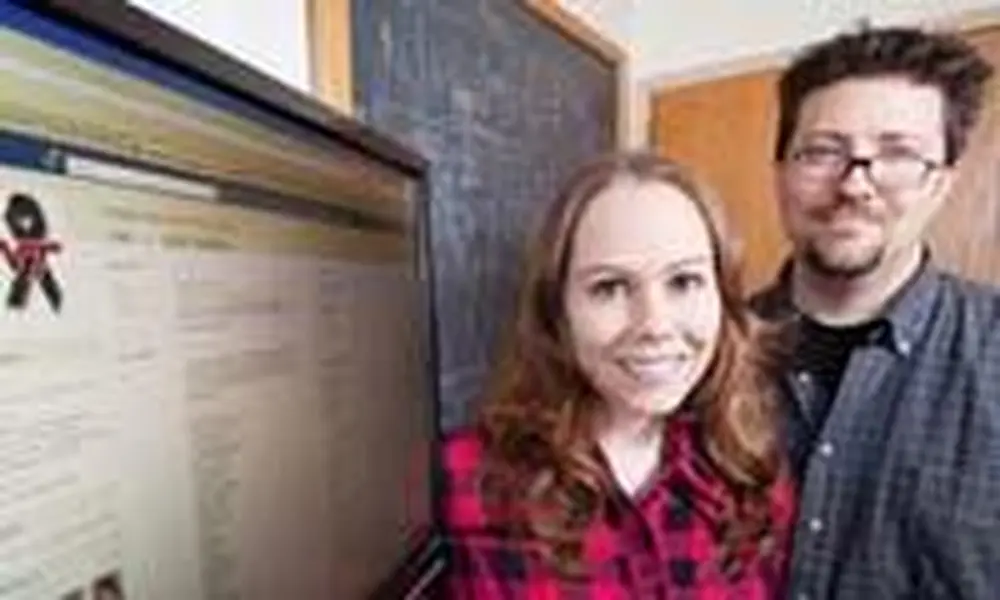

In the aftermath of the campus shootings at Virginia Tech in 2007 and Northern Illinois University in 2008, students turned to therapists, ministers, friends, family...and Facebook.
Amanda Vicary, an LAS doctoral student in psychology, along with psychology professor R. Chris Fraley, surveyed 284 students from both campuses, asking about feelings of depression and post-traumatic stress disorder two weeks after each tragedy. They also had students evaluate their Internet interactions on a five-point scale.
Vicary says she wondered if students who turned to Facebook would do so in place of talking to friends down the hall, possibly hampering their adjustment.

But she found that those who interacted on a Facebook group devoted to the incident generally reported feeling better. Vicary did not find that Facebook interactions had any long-term connection to reductions in depression levels.
“Even though we can’t say the Internet use either harmed or helped the student, the important finding is that they reported feeling better, even if briefly,” Vicary told The Chronicle of Higher Education.


